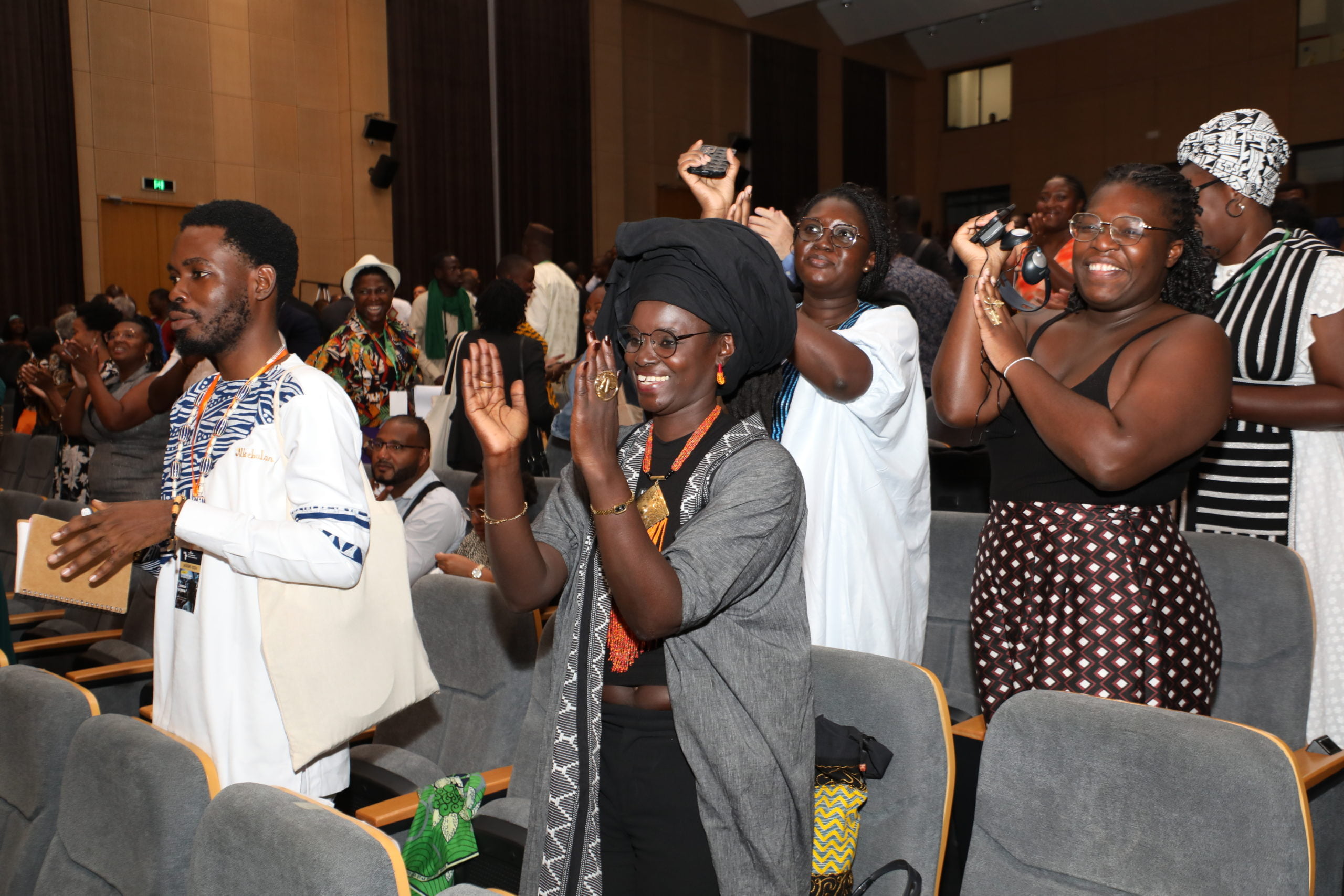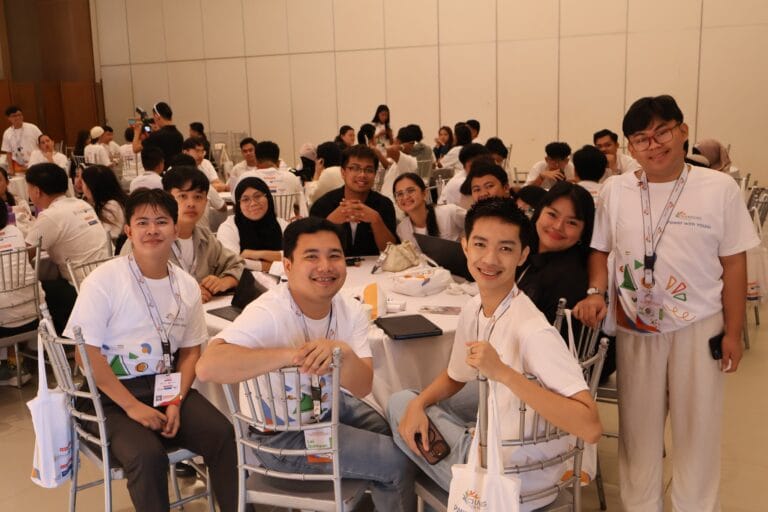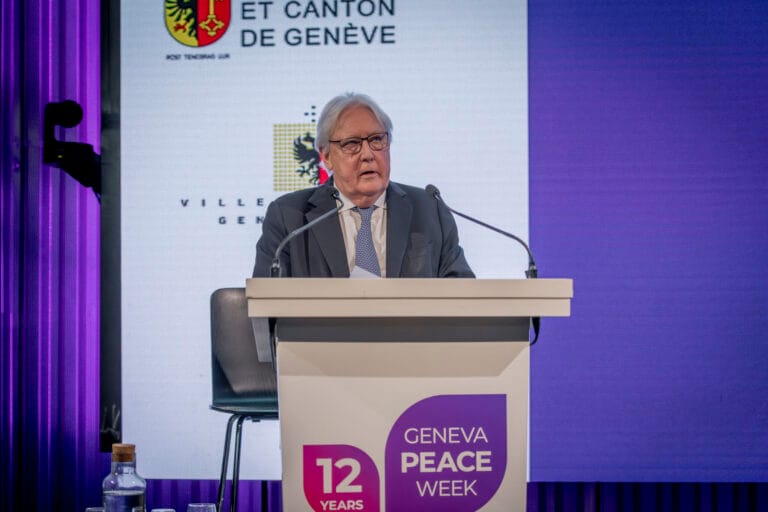Afrobarometer has consistently found an overwhelming majority of Africans in favour of democracy. Still, the pan-African research organization’s findings also show that Africans are increasingly dissatisfied with their democratic systems as they are and that their support for democracy, though still strong, is in decline.
The Kofi Annan Foundation has worked with partners on the issue of democracy in Africa for many years, both practically, around fraught elections and championing democracy through advocacy. As such, we were delighted to participate in the recent Les Assises Africaines de la démocratie (congress of African democracy) in Praia, Cabo Verde.
The leitmotif of the Assises, summed up by its convener, Professor Achile Mbembe, the founder and president of the Foundation for Democratic Innovation, was that “Africa needs not just elections, but substantive democracy.”
The global competition of models
Considerable effort and resources went into trying to “export” multiparty elections to Africa after the end of the Cold War, but participants deplored that most of that aid was technical. It was predicated on the assumption that the ideological battle in favour of democracy had been won.
Thirty years later, that prediction seems hopelessly optimistic. Not only is democracy in retreat worldwide, but its universal appeal is increasingly contested, including in Africa.
As many conference participants explained, this democratic disenchantment is partly the result of dysfunctional and often corrupt democratic systems, which have undermined democracy’s promise. Although all Sub-Saharan countries now organize elections (of varying quality and credibility), only a handful qualify as fully-fledged democracies.
The Kofi Annan Foundation facilitated a workshop on the importance of term limits in reducing the risk of coups by providing a constitutional solution for getting rid of unpopular regimes, even in countries where elections are neither free nor fair. Unfortunately, efforts to add term limits to The Economic Community of West African States (ECOWAS) Democracy Protocol have been met with resistance.
While it is true, as some participants noted, that term limits alone are not enough and can only function if they are part of a more general democratic dispensation, several coups were undeniably triggered by efforts to ignore or undermine term limits.
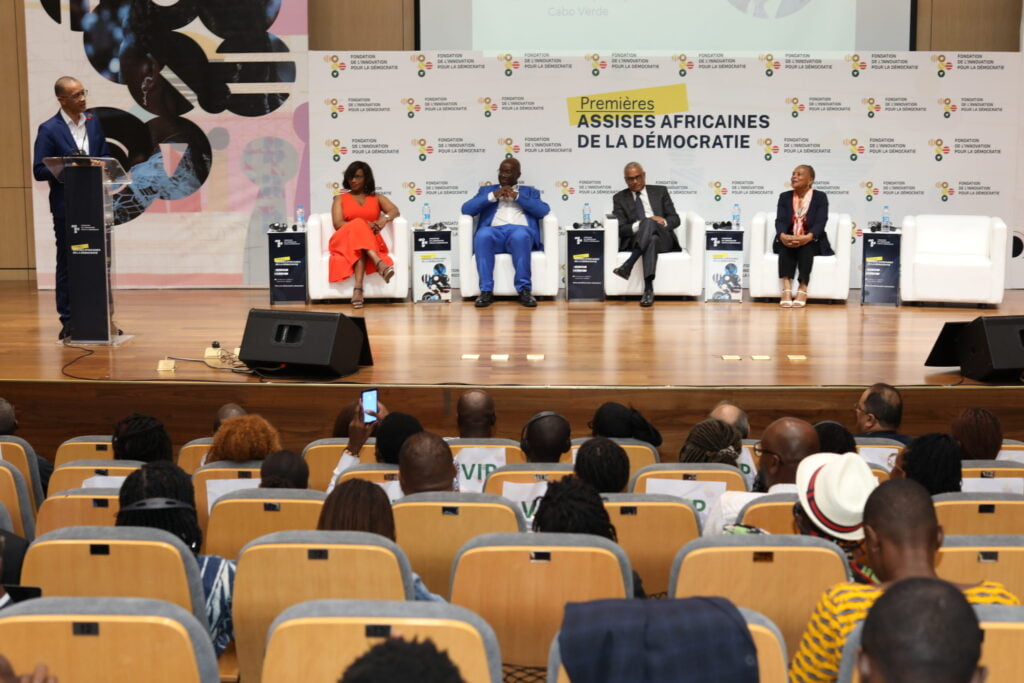
Many younger Africans are not necessarily aware of their continent’s catastrophic track record of military rule.[1] The media lockdown imposed by the juntas in the Sahel has prevented information on their poor performance since taking power, but Gilles Yabi, the founder and director of WATHI, a West African think tank, was unequivocal at the Assises, “the juntas are failing their people. They have not brought back security to the Sahel. On the contrary, there have never been so many terrorist attacks.”
Moreover, the loss of favour for democracy in these countries in the run-up to the coups was not entirely due to internal factors: authoritarian countries also actively campaigned disinformation to undermine democratic civilian rule. Russia, in particular, has promulgated disinformation to undermine democracy in at least 19 African countries. It has created an Africa Initiative News Agency, connected to Russian intelligence services, for this purpose.
The Chinese Communist Party (CCP)—via the China Media Group—is the second most prolific Africa-wide sponsor of disinformation, with five known multi-regional campaigns. China is “engaged in a concerted effort to promote authoritarian governance across the developing world”, said Niva Yau, the author of a recent report by the Atlantic Council which looks at China’s many training programs for officials in the Global South which disseminate not only the ideology of the Chinese Communist Party but also its methods of propaganda and social control.
The need for African models of democracy
One of Professor Mbembe’s key insights at the Assises, however, was that going forward, endogenous dynamics in Africa will matter more than external forces and actors.
“The economic, social and political models imported into Africa since the XIXth century have failed. It is time to come up with new models of development that come from within African societies,” he stressed.
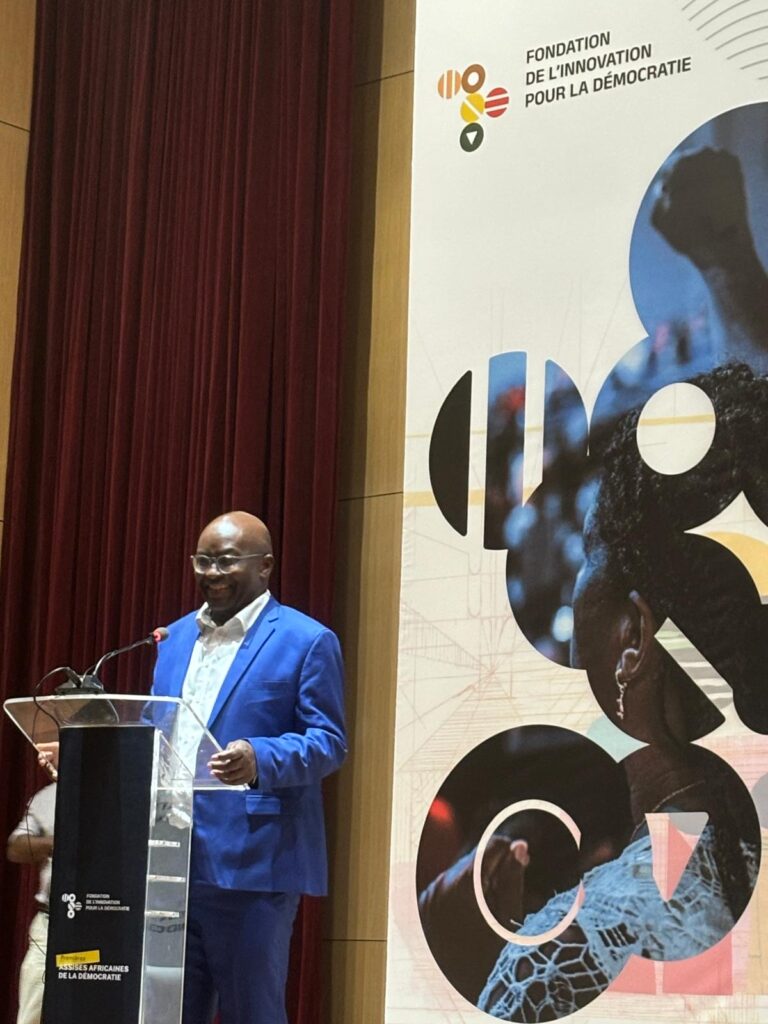
Mbembe urged participants to domesticate democracy by and for Africans. He reminded participants that if most African states are recent constructs, African societies are very ancient, and offer a rich repertoire of ideas and models that can inform the future of African democracy.
“It is time to come up with new models of development that come from within African societies.”
The Assises were precisely an attempt to showcase and support sundry endogenous initiatives to foster democracy in Africa at the societal level. Hundreds of activists, thinkers, politicians, civil society leaders, and social entrepreneurs from across the continent gathered to share experiences and views on how to improve accountability, political expression, freedom and agency by ordinary African citizens living under increasingly authoritarian regimes.
Building both on the precolonial African traditions of deliberative decision-making and the achievements of modern democracy, the assembled participants expressed a fervent desire to “reinvent African democracy for its people.”
The aim should be to go from merely electoral democracy, which focuses on periodic electoral processes, to “substantive democracy”, in which all citizens have a voice and a stake in their government.
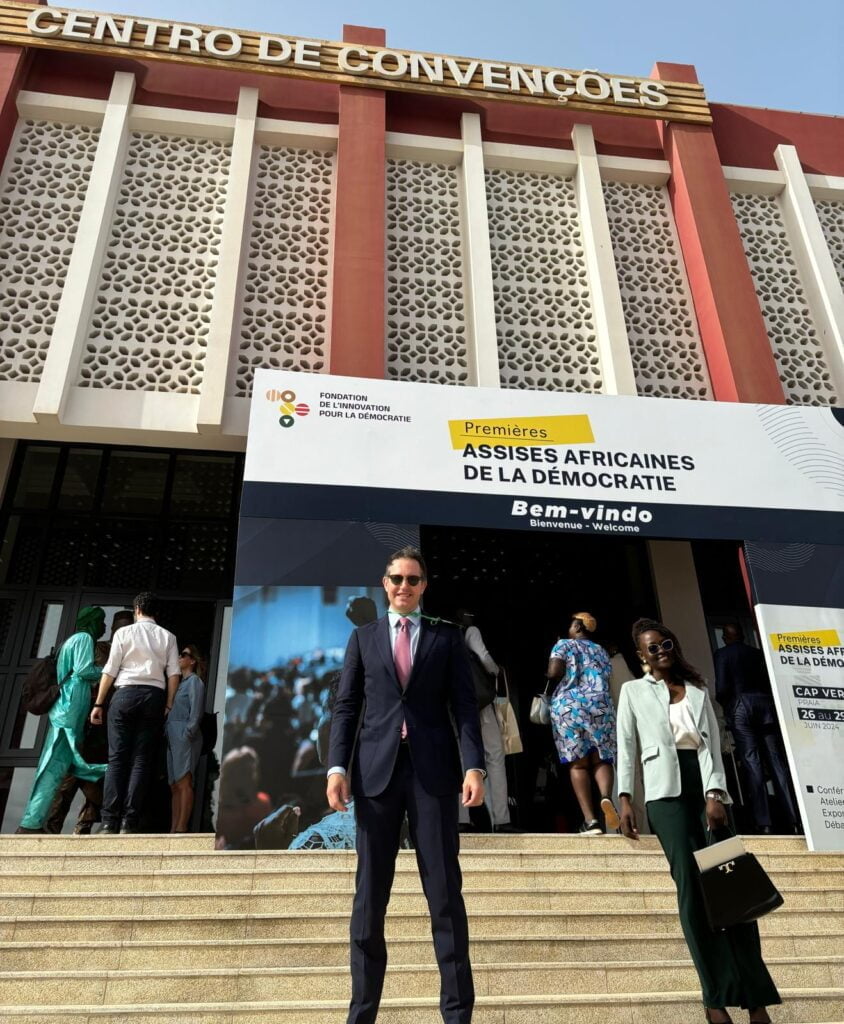
The Kofi Annan Foundation, which has always been devoted to Kofi Annan’s conviction that democracy and human rights are universal principles, will continue to be an ally in this quest for a deeper, more substantive democracy that better meets the aspirations of Africa’s people.
Related reading
- Press Release: The Reinforcement of democracy and public governance in West Africa
- Conference Report: Democracy in Central and Southern Africa
- Article: Kofi Annan Peace and Security Forum 2021
- Conference Report: COVID-19 and Democracy in East Africa
Footnotes
[1] Democracy Works: Re-Wiring Politics to Africa’s Advantage by Greg Mills, Olusegun Obasanjo, Tendai Biti and Jeffrey Herbst. New York: Oxford University Press, 2019.
Event Overview
Event name: Les Assises de la démocratie
Organizer: La Fondation de l’innovation
Dates: 26-29 June 2024
Location: Praia, Cabo Verde


